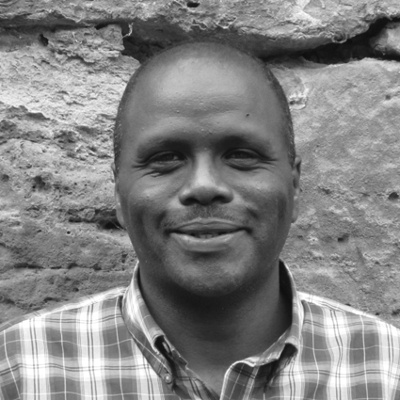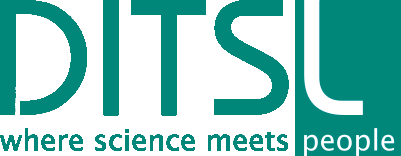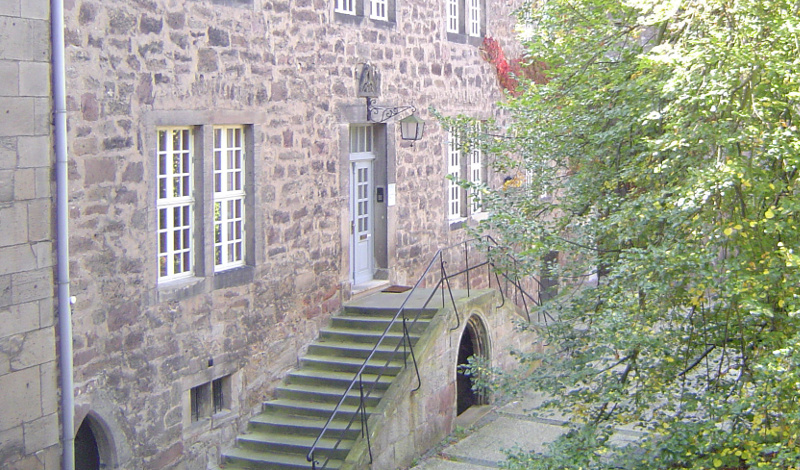 |
PhD Student Email: This email address is being protected from spambots. You need JavaScript enabled to view it.; This email address is being protected from spambots. You need JavaScript enabled to view it. |
| Training | Guyo studied Bsc Environmental Planning and Management degree at the Kenyatta University (Kenya) and masters degree in Energy Policy from the University of Dundee (United Kingdom). |
| Career | Prior to joining the German Institute for Tropical and Subtropical Agriculture (DITSL), at the Faculty of Organic Agriculture, University of Kassel, Guyo gained over six years of interdisciplinary work experience at both the International Union for Conservation of Nature (IUCN) and The Kenya Institute for Public Policy Research and Analysis (KIPPRA) which have primed him to engage in policy research and engagement of multiple stakeholders in policy and natural resource arena. He served as a senior programme officer in the drylands programme, where he was responsible for programme management, working with different actors from the local communities, and as a part of a regional platform for policy and practice change. In his research he builds on his drylands expertise, and work experience to advance the academic knowledge frontier, and contribute to the practitioner world through transdisciplinary action research among pastoral community of Northern Kenya. |
| Research | His main research interest is on Socio-ecology of Pastoral systems, multi-actor governance, and interaction processes in complex food value chain, global food futures, and environmental change among others. He is undertaking his research on “using multi-actor approaches for collaborative learning in pastoral meat value chains in Northern Kenya”, under the project funded under a Global Food Security programme (BMBF GlobE), titled “Reducing Losses and Adding Value in East African Food Value Chains (ReLOAD)”. The PhD research particularly looks at the value chain actors, their activities and needs with the final aim of identifying options for improving actors´ interaction, flows (information and products) and influence coordination in the pastoral meat value chain. |


